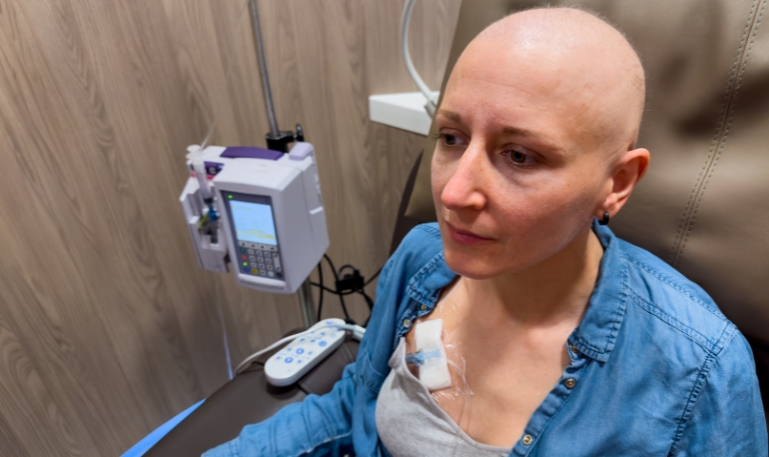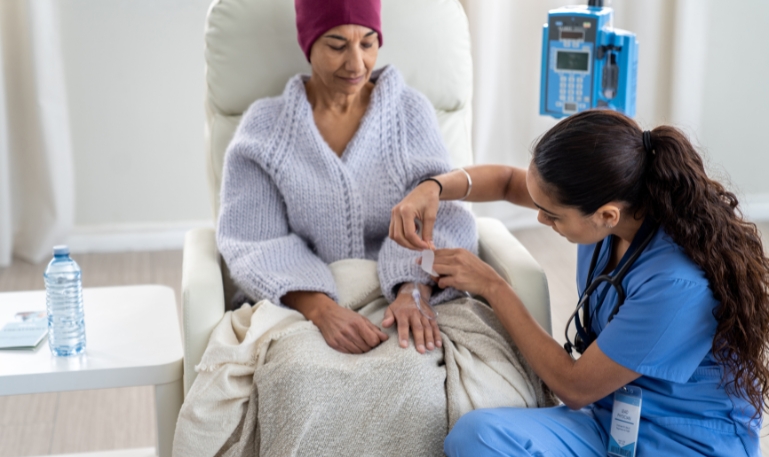Key Features
Medical Support :
- Side Effect Management: Offering medications and strategies to manage common side effects such as nausea, vomiting, fatigue, and hair loss.
- Health Monitoring: Regularly monitoring patients' health status, including blood tests and vital signs, to detect any complications early.
Emotional and Psychological Support :
- Counseling Services: Providing access to counselors and therapists to help patients cope with the emotional challenges of cancer treatment.
- Support Groups: Facilitating support groups where patients can share their experiences and find comfort in connecting with others facing similar challenges.
Nutritional Support :
- Dietary Guidance: Offering personalized dietary advice to help patients maintain their strength and energy levels during treatment.
- Meal Planning: Assisting with meal planning and preparation to ensure patients receive the necessary nutrients while adhering to dietary restrictions.
Logistical Support :
- Transportation: Providing transportation services to and from chemotherapy sessions, ensuring patients can attend their treatments without difficulty.
- Home Care Assistance: Offering home care services for patients who prefer or require treatment at home, including equipment setup and maintenance.
Education and Training :
- Patient Education: Educating patients about their treatment plan, potential side effects, and self-care practices to empower them to manage their health effectively.
- Caregiver Training: Training caregivers on how to assist patients with chemotherapy, medication administration, and other aspects of care.
Coordination of Care :
- Interdisciplinary Team: Coordinating care among various healthcare professionals, including oncologists, nurses, dietitians, and social workers, to provide comprehensive support.
- Communication: Ensuring clear and open communication between patients, families, and healthcare providers to make informed decisions about care.










